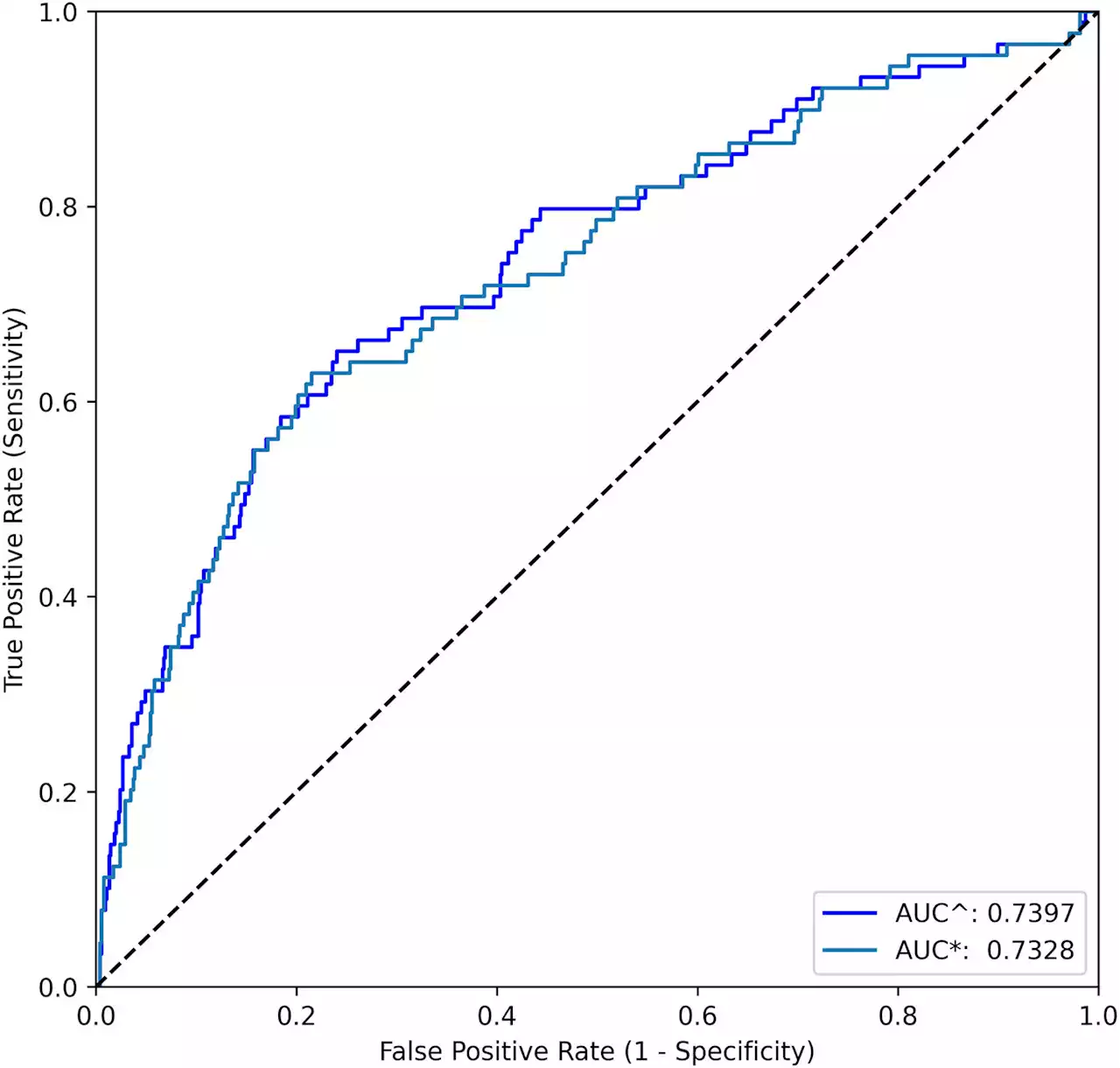Researchers investigated early pathophysiological mechanisms potentially underlying PASC post-SARS-CoV-2 infection.
By Neha MathurSep 4 2023Reviewed by Sophia Coveney In a recent article published in bioRxiv* server, researchers used a preclinical animal model to investigate early pathophysiological mechanisms potentially underlying post-acute sequelae of severe acute respiratory syndrome coronavirus 2 infection , especially its neurological symptoms.
SARS-CoV-2 ribonucleic acid has been found in brain tissues of patients who died due to COVID-19. It has been postulated that brain cells expressing angiotensin-converting enzyme 2 and transmembrane serine protease 2 are an entry route for SARS-CoV-2 invading the central nervous system . The team autopsied the SARS-CoV-2 infected test animals to collect tissue from the pyriform cortex/amygdala and olfactory epithelium for further analysis. The olfactory epithelium may be uniquely prone to SARS-CoV-2 invasion as a result of its neuroanatomical location.
Next, they dual-labeled the tissues derived from the pyriform cortex/amygdala for SARS-CoV-2 mRNA and platelet-derived growth factor receptor beta . The latter is a biomarker exclusively expressed by pericytes in the adult brain. It helped them directly visualize each SARS-CoV-2 mRNA transcript in the brain, represented by a single-dot staining pattern.
They had undetectable viral loads, and no clinical pathology by the end of the experimentation window, i.e., 21-28 days post-infection. These results confirmed that a non-human primate model is apt for studying early pathophysiological changes occurring during PASC post-acute SARS-CoV-2 infection. Notably, they also found SARS-CoV-2 mRNA in the olfactory epithelium but at much lower levels compared to the pyriform cortex/amygdala. These observations further favor the notion that SARS-CoV-2 persists in the CNS.
Danmark Seneste Nyt, Danmark Overskrifter
Similar News:Du kan også læse nyheder, der ligner denne, som vi har indsamlet fra andre nyhedskilder.
 Study explores the biology of post-COVID-19 cognitive deficitsResearchers explored the biology of cognitive deficits following acute COVID-19.
Study explores the biology of post-COVID-19 cognitive deficitsResearchers explored the biology of cognitive deficits following acute COVID-19.
Læs mere »
 Intensive fasting boosts red blood cells' immune powers against COVID-19, study findsResearchers found that short-term intensive fasting enhances the immune function of red blood cells, including their ability to combat SARS-CoV-2, without affecting their oxygen-carrying capacity. The study reveals that this fasting regimen popular in Asia could offer a multifaceted benefit by amplifying the body's defenses without compromising essential functions.
Intensive fasting boosts red blood cells' immune powers against COVID-19, study findsResearchers found that short-term intensive fasting enhances the immune function of red blood cells, including their ability to combat SARS-CoV-2, without affecting their oxygen-carrying capacity. The study reveals that this fasting regimen popular in Asia could offer a multifaceted benefit by amplifying the body's defenses without compromising essential functions.
Læs mere »
 Study suggests increased frequency of emotional overeating during university closures due to the COVID-19 pandemicResearchers conducted an online survey to assess the frequency of overeating episodes during the COVID-19 pandemic.
Study suggests increased frequency of emotional overeating during university closures due to the COVID-19 pandemicResearchers conducted an online survey to assess the frequency of overeating episodes during the COVID-19 pandemic.
Læs mere »
 Lung conditions will be made worse by climate change, say researchersRespiratory experts are calling on governments to reduce emissions and improve air quality using the same policies.
Lung conditions will be made worse by climate change, say researchersRespiratory experts are calling on governments to reduce emissions and improve air quality using the same policies.
Læs mere »
 Researchers design machine learning models to better predict adolescent suicide and self-harm riskArtificial intelligence can help to identify risk factors for suicide and self-harm, according to new research from UNSW Sydney.
Researchers design machine learning models to better predict adolescent suicide and self-harm riskArtificial intelligence can help to identify risk factors for suicide and self-harm, according to new research from UNSW Sydney.
Læs mere »
 Lung conditions will be made worse by climate change, say researchersRespiratory experts are calling on governments to reduce emissions and improve air quality using the same policies.
Lung conditions will be made worse by climate change, say researchersRespiratory experts are calling on governments to reduce emissions and improve air quality using the same policies.
Læs mere »
